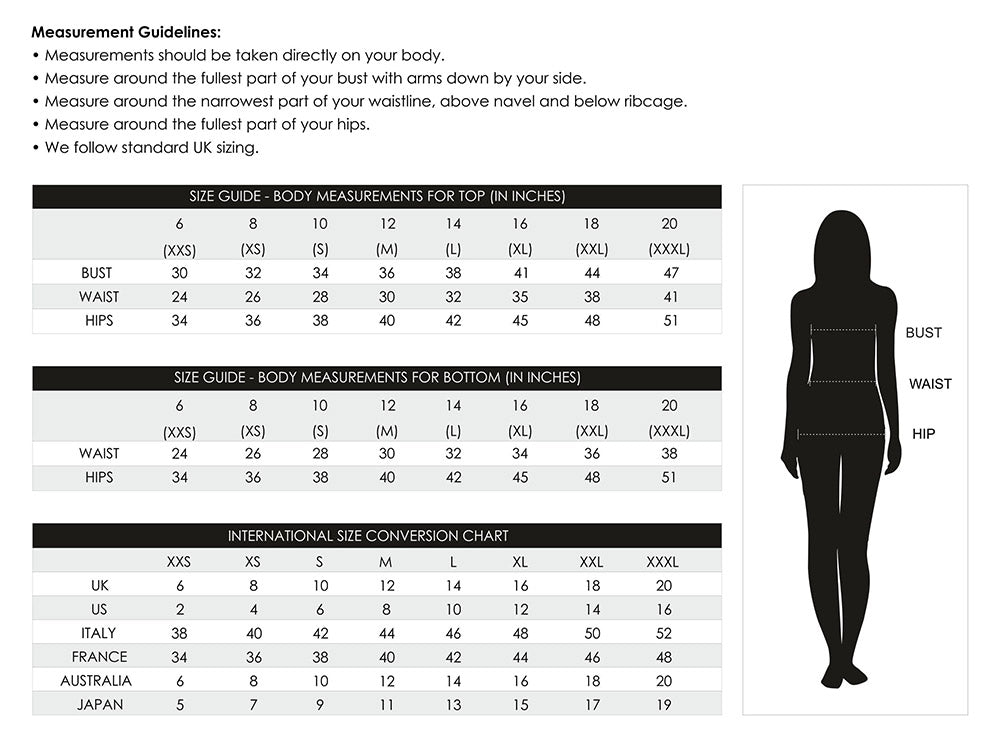Size Guide


Eco-printing is becoming increasingly popular in sustainable fashion and textile art due to several key reasons:
1. Environmentally Friendly Process
Eco-printing uses natural dyes sourced from plants, leaves, flowers, and other organic materials. Unlike synthetic dyes, which can release toxic chemicals into the environment during production, eco-printing avoids harmful substances. This makes it an appealing choice for eco-conscious consumers and artisans looking to reduce their ecological footprint.
2. Zero-Waste and Sustainable Practices
The process often involves locally sourced, seasonally available plant materials, reducing the need for long-distance transportation and minimizing carbon emissions. Eco-printing also promotes a zero-waste approach, as it utilizes biodegradable materials that can decompose naturally.
3. Connection with Nature
Eco-printing fosters a direct connection with the natural world. The organic patterns produced by leaves, flowers, and other botanical materials reflect the beauty of nature and its imperfections, creating one-of-a-kind designs. This connection resonates with consumers seeking a deeper, more mindful relationship with their clothing and surroundings.
4. Unique, Handmade Aesthetic
The individuality of each eco-printed piece is a major draw. Each fabric tells a story of the specific plants, weather, and seasonal influences that went into its creation. In a world of mass-produced fast fashion, eco-printing offers a unique, artisanal appeal that aligns with the growing demand for one-of-a-kind, slow fashion pieces.
5. Non-Toxic and Skin-Friendly
Because eco-printing uses natural dyes, the fabrics are often gentler on the skin, making them more suitable for people with sensitivities to synthetic chemicals. This health-conscious benefit appeals to both creators and consumers who are prioritizing wellness and clean, non-toxic materials.
6. Growing Consumer Demand for Sustainability
As awareness about environmental issues and unethical labor practices in fashion grows, consumers are increasingly seeking sustainable alternatives. Eco-printing, with its low environmental impact and ethical considerations, fits into this broader shift toward conscious consumerism.
7. Promotes Ethical and Local Craftsmanship
Eco-printing is often done by artisans who emphasize ethical craftsmanship and small-scale production, standing in opposition to the exploitative practices of fast fashion. This technique supports local economies and highlights the value of slow, deliberate creation processes that respect both people and the planet.
8. In Alignment with Circular Fashion Trends
As the fashion industry moves toward circular fashion models, where materials are reused, recycled, and repurposed, eco-printing aligns with these values. Many eco-printers use second-hand or upcycled fabrics as their canvas, further enhancing the sustainable impact.
